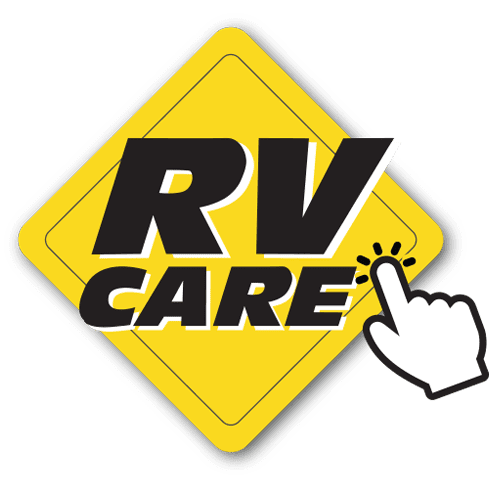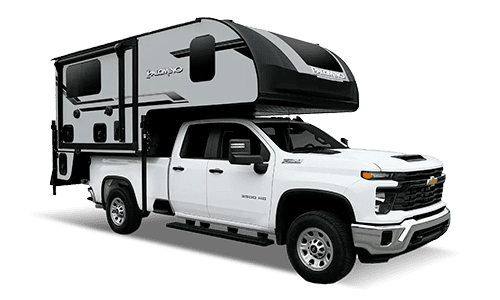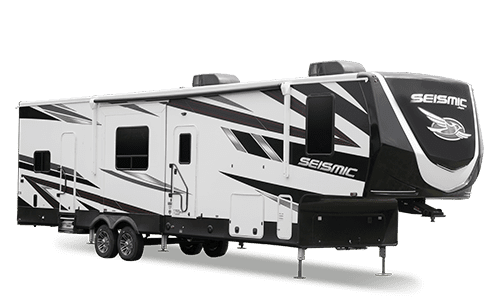6 Tips to Transition to Zero Waste and Plastic-Free RVing

In today’s world, it can be challenging to lead a zero waste and plastic-free lifestyle, either at home or in your RV.
However, it is possible! Transitioning to a sustainable and plastic-free RV lifestyle with zero waste can be done one change at a time.
Keep in mind that it doesn’t happen overnight, so give yourself time to transition.
Here are 6 tips to help you out!
Filter Your RV Fresh Water
Stop depending on single-use water bottles and jugs! Instead, use your RV fresh tank for drinking water. You’ll have to regularly sanitize your tank, use heavy-duty RV water filters and be cautious about where you fill up. Need water filters and accessories? We carry them in our store!
Use Real Dishes and Silverware
This is one of the easiest changes to implement in making your RVing more sustainable. Simply use real dishes and silverware instead of disposable kitchenware! Check out some options.
Ditch Sandwich Bags and Plastic Wrap
There are many eco-friendly companies making reusable food storage bags and wraps. It makes ditching single-use sandwich bags and plastic wrap easy.
Swap-Out Daily Supplies for Zero-Waste Products
It can be challenging to find zero-waste products for daily supplies, such as dish soap, hand soap, laundry detergent, etc. However, there are companies making natural and plant-based refillable cleaners in plastic-free containers. If that is not an option where you are, you can get these products in jars or containers you have at home, and get them refilled before each trip.
Avoid Fast-Food and Eat In when Going Out
Most fast-food restaurants serve food in single-use containers for both take-out and dine in. To help transition to zero waste and plastic-free RVing, you should avoid fast-food and dine in when going out. Choose restaurants that use real dishes.
BYOB (Bring Your Own Bags) for Shopping
It is common practice to bring your own shopping bags; even a requirement in certain stores that have banned plastic bags, but are you use reusable produce bags? If not, take that extra step and use reusable bags for bulk items (rice, nuts, etc.) and fresh produce.















